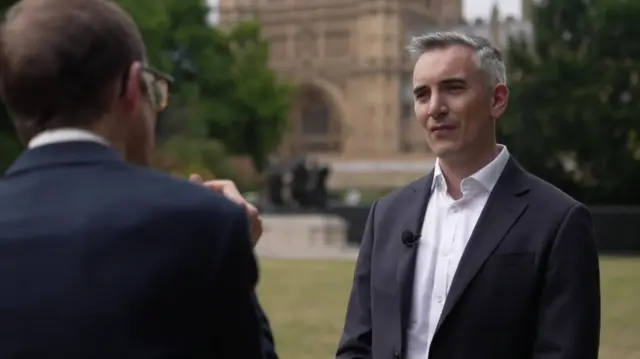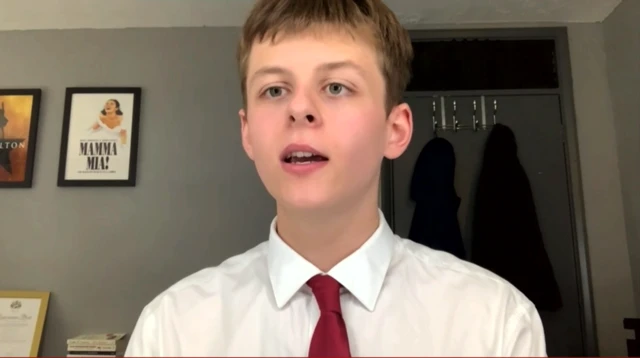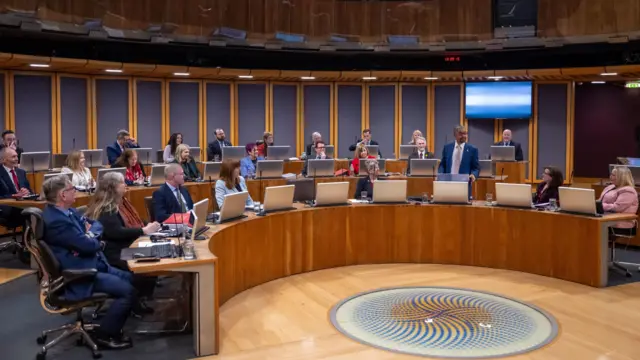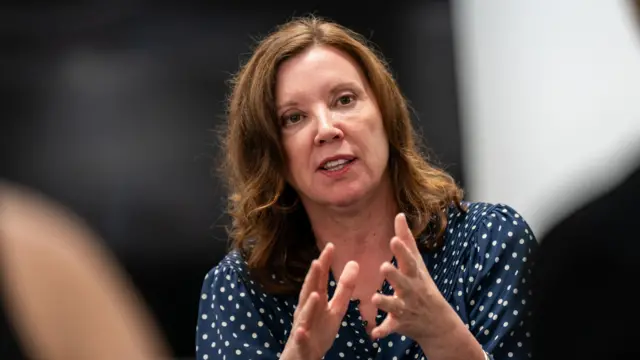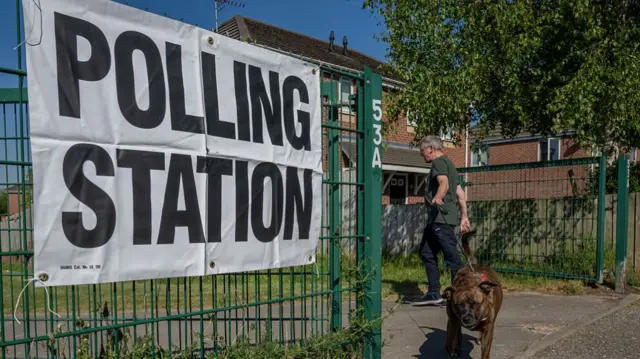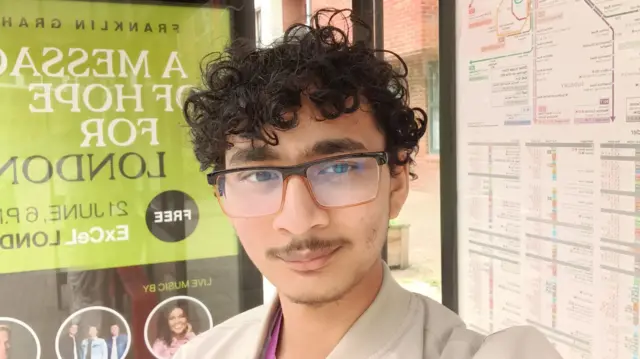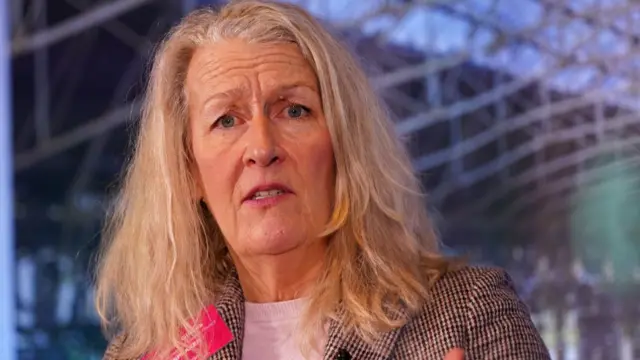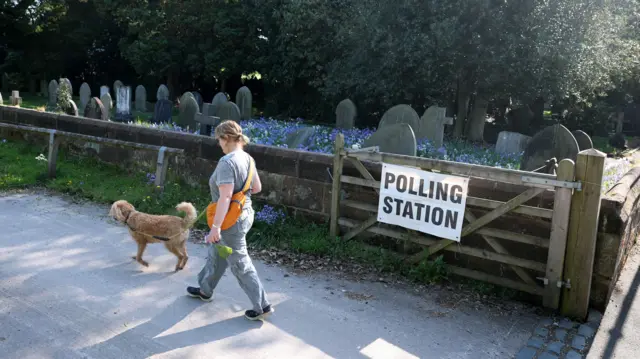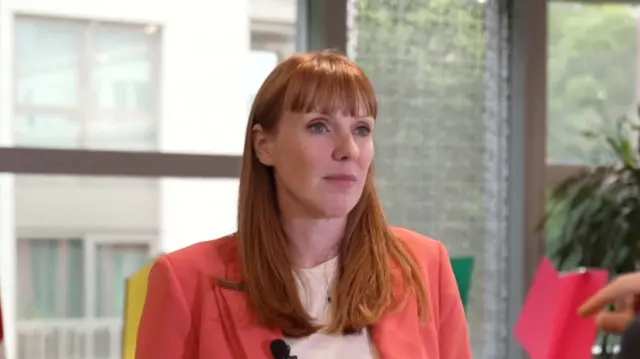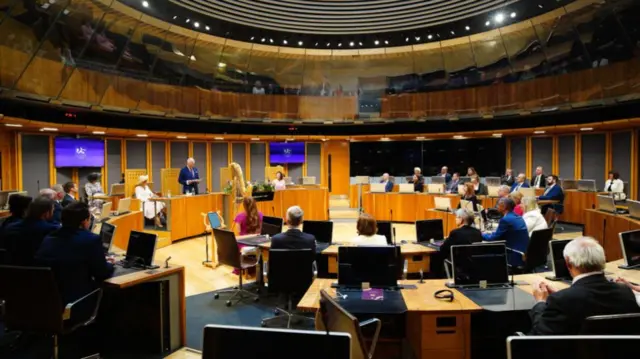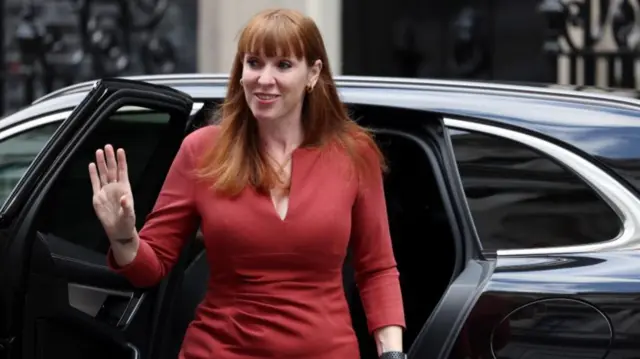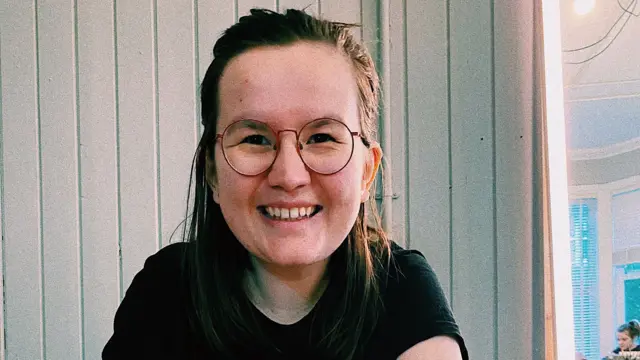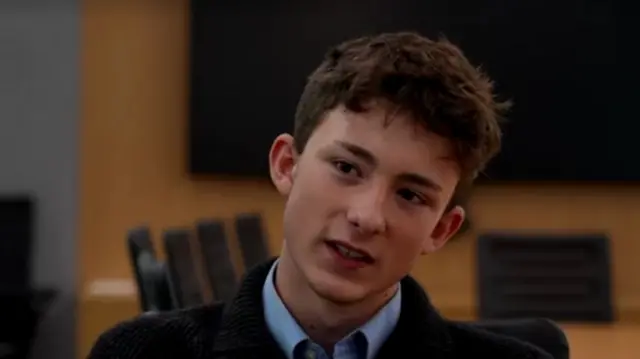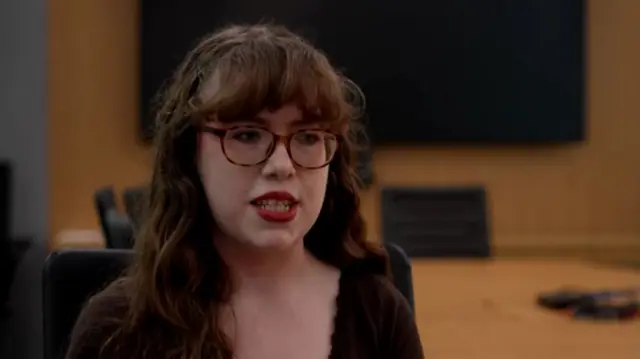Voting age to be lowered to 16 across UK ahead of next electionpublished at 17:30 BST 17 July
Today, the UK government announced its plans to lower the voting age to 16 in time for the next general election.
It also pledged other changes to the electoral system, such as expanding forms of voter ID, moving towards automatic voter registration, and tightening rules on political donations to protect against foreign interference - you can read about these proposals in our previous post.
Prime Minister Keir Starmer said young people who "pay in" to the system should have the opportunity to say what they want their money spent on.
Conservative MP Paul Holmes hit back at the government's announcement, arguing that there would be no opportunity for parliamentary scrutiny until September due to the recess - describing the proposal as "hopelessly confused".
Leader of Reform UK, Nigel Farage, said he didn't support lowering the voting age to 16 "even though we get lots of votes".
And Lib Dem MP Sarah Olney said changing the minimum voting age to 16 was a "no-brainer".
Throughout the day, we've heard reactions from young people to the announcement, with some saying it is a "good opportunity for us to have more of a say in our future", and others arguing the move will "backfire".
But it could be some time before these proposals become law, as they will need to be scrutinised in Parliament first.
We're ending our live coverage, but you can follow our news story to stay up-to-date with developments.

